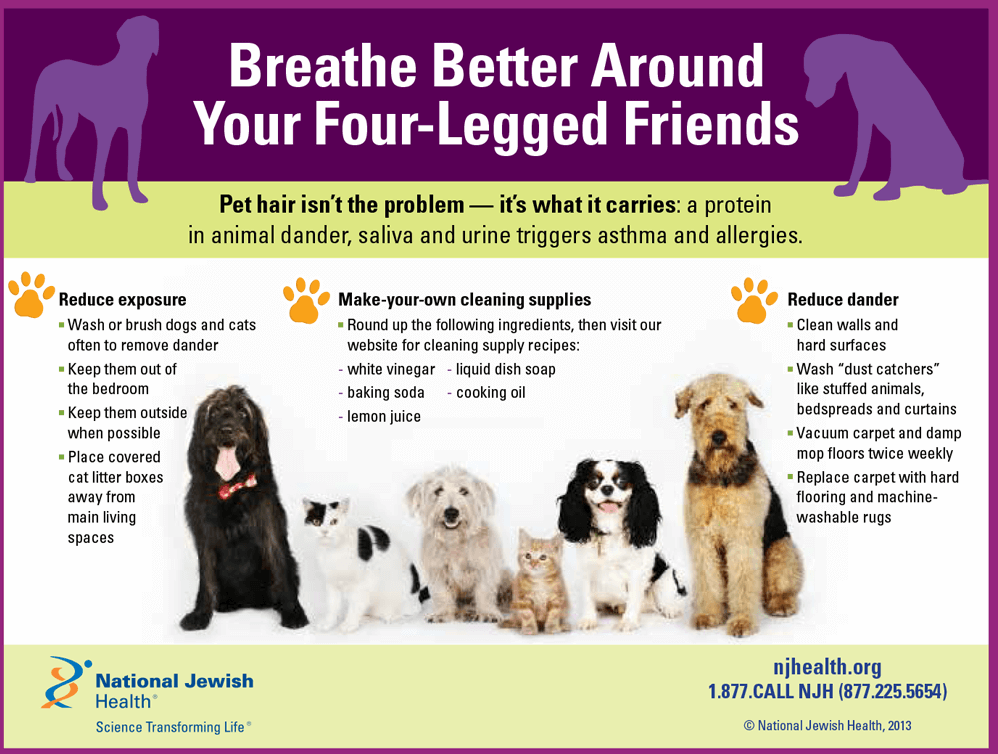Whether your dogs spend time at daycare or boarding facilities, they need to be updated on all of their needed vaccinations. Core injections include Bordetella, rabies and DA2PP, which guard against typical illness that pet dogs are subjected to when in close contact with others.
Non-core vaccinations consist of canine flu and leptospirosis shots. These are suggested for pups that mingle with various other pet dogs often.
Core Injections
As an essential part of preventive care, pet injections assist keep dogs secure from contagious illness transmitted via straight get in touch with or contaminated surface areas. Vaccinations promote the immune system to develop antibodies that deal with illness, and many veterinarians take into consideration core pet dog vaccines to be necessary for all family pets.
Rabies
A lot of trustworthy pet childcare facilities require that your pet dog depend on date on their rabies inoculation. Inoculations are administered to puppies as early as 12-16 weeks old, and boosters are required every three years or so till their adult years. Rabies is a fatal viral illness that spreads via saliva, usually from bites. The majority of states need rabies vaccinations for all pet dogs and cats, and some also mandate rabies boosters for animal owners.
Distemper/Parvovirus/Adenovirus (DHPP).
This mix vaccine covers canine distemper, parvovirus, liver disease, and adenovirus, all of which are very infectious. Most vet offices offer DHPP injections as one shot or in a series of 2 to four shots, offered 2-4 weeks apart, complied with by a yearly booster. This injection is a need for many boarding and doggy childcare centers, in addition to many groomers.
Bordetella/Canine Parainfluenza Vaccination.
Bordetella bronchiseptica, frequently known as kennel coughing, is a very infectious respiratory infection triggered by the bacteria that triggers the condition. Signs consist of persistent coughing, sneezing, nasal discharge, and high temperature. Many kennel coughing outbreaks happen in jampacked environments, such as childcare or boarding facilities, and are particularly usual in warmer weather. This injection is a requirement for many dog boarding and training childcare and boarding facilities, and is usually provided in a mix with the DHPP vaccine.
Leptospirosis Injection.
This is a microbial disease that spreads out via contaminated water, dirt, and pee. Infection can cause kidney and liver damage, along with death, and is transmissible to people. A lot of vets will suggest this vaccination, based on geographic place and way of living of the pet, for canines that hang out outdoors or at boarding centers, as well as some groomers. This vaccine is normally carried out as a series of two to 4 shots, spaced 2-4 weeks apart, with an annual booster required for the majority of pets.
Lyme Disease Injection.
One of the most usual tick-borne disease in the United States, Lyme illness is transferred by the deer tick and can cause high temperature, joint pain, muscle mass discomfort, and anorexia nervosa. The Lyme condition vaccine safeguards against one of the most common pressures of the infection, including the H3N8 and H3N2 strains. Many veterinary centers advise this vaccination, specifically in high-risk areas, such as the Northeast, upper Midwest, Mid-Atlantic, and along the Pacific coast.
Noncore Vaccines.
Other canine injections, while not needed for all pet dogs, are advised based upon the dog's lifestyle and geographical location. These include the following:.
